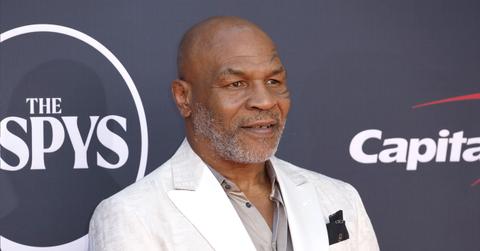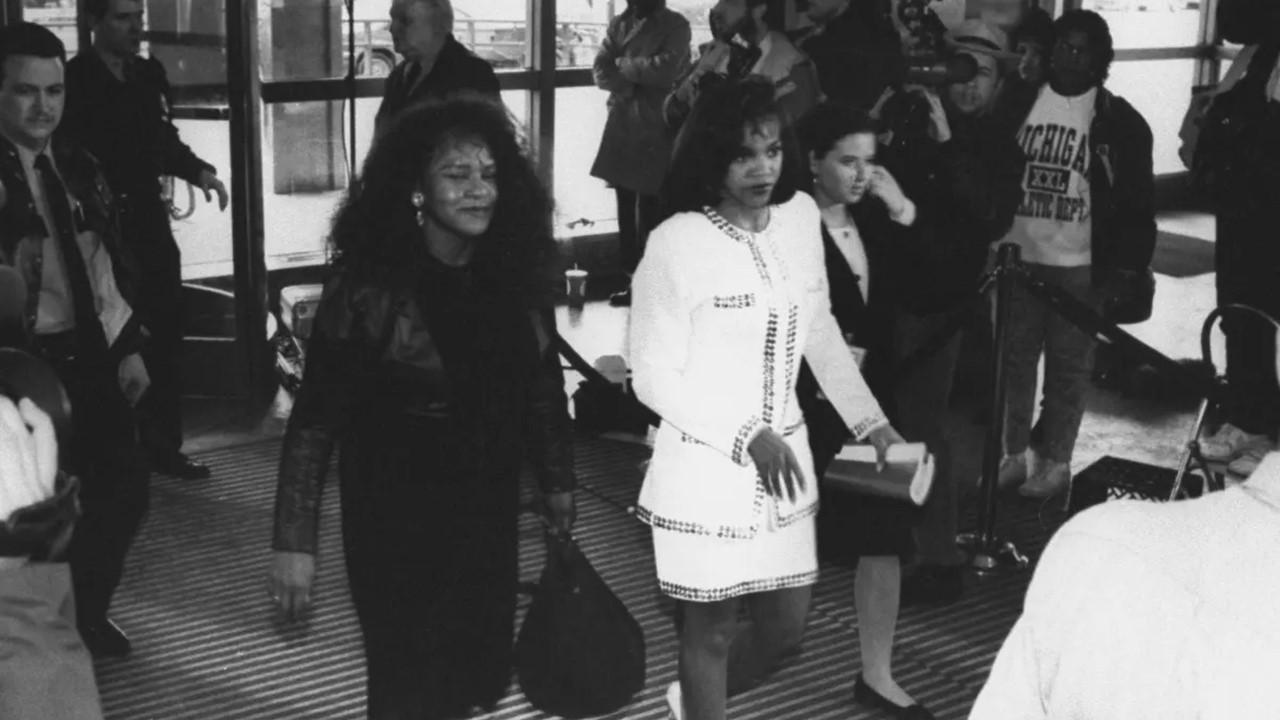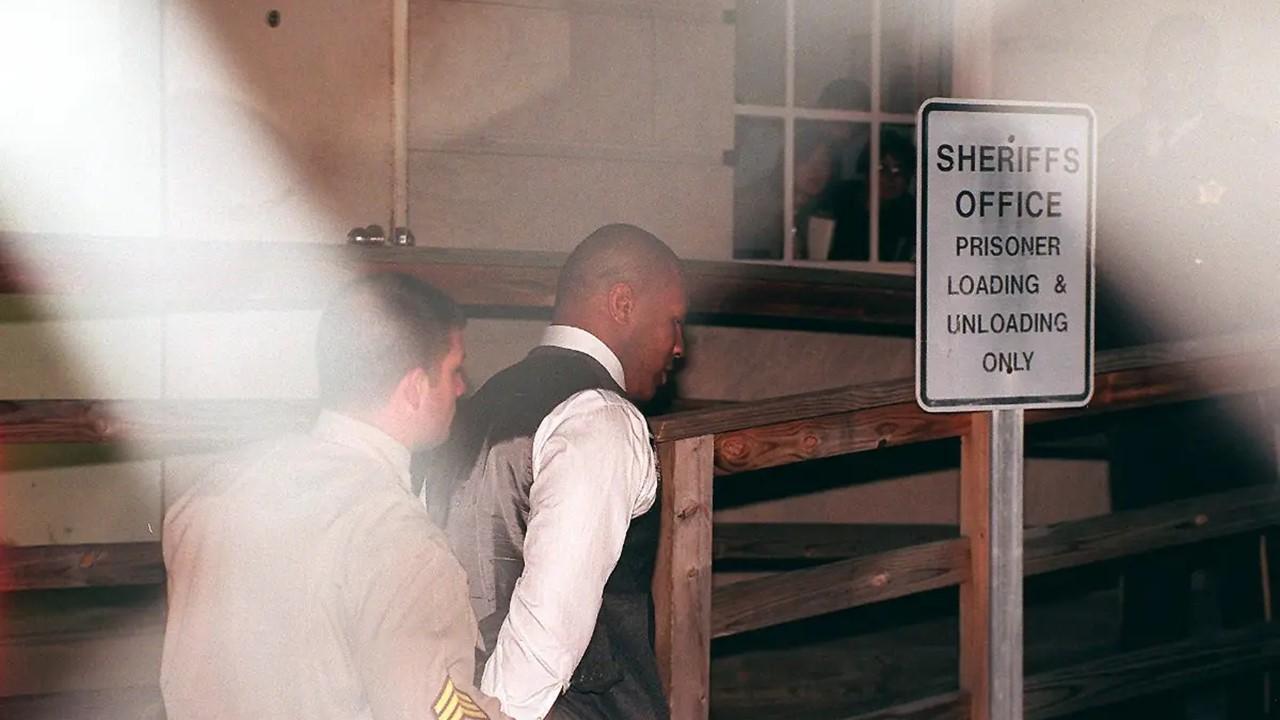Mike Tyson Went to Prison in 1992 for Committing a Serious Crime
Mike Tyson was released on parole in March 1995, after serving approximately three years of his six-year sentence. What did he do?
Published March 12 2024, 10:50 a.m. ET

In the early 1990s, the world of sports was rocked by a scandal that transcended the boxing ring and made headlines globally. At the center of this controversy was Mike Tyson, one of the most celebrated and feared heavyweight champions of his time.
Despite his success and fame, Tyson's career took a dramatic turn when he faced serious legal troubles that led many to ask: "Why did Mike Tyson go to prison?" Here's what we know.
Why did Mike Tyson go to prison in 1992?

According to History.com, Tyson was convicted of raping Desiree Washington, an 18-year-old contestant in the Miss Black Rhode Island pageant, in an Indianapolis hotel in 1992. This conviction came after Washington accused Tyson of assaulting her in July 1991, leading to a highly publicized trial.
Tyson vehemently denied the allegations of raping Washington and asserted that their encounter was consensual. Virginia Foster, Mike's chauffeur on the night of the incident, provided critical testimony. She recounted observing Washington in a state of shock immediately following her time with Tyson, suggesting that the encounter had a profound and disturbing impact on Washington.
Further compounding the evidence against Tyson was the testimony of Dr. Thomas Richardson, an emergency room physician who examined Washington shortly after the alleged rape. Richardson's findings indicated that Washington's physical condition was consistent with someone who had been raped, lending medical credibility to the allegations and challenging Tyson's narrative of consensual interaction.
Mike Tyson was convicted of rape and spent time in prison.

Following his conviction, Tyson was sentenced to six years in prison, with the sentence handed down on March 26, 1992. He was sent to the Indiana Youth Center (now known as the Plainfield Correctional Facility), where he would serve less than half of his sentence. Despite the severity of his crime and the public outcry it generated, Tyson was released on parole in March 1995, after serving approximately three years of his six-year sentence.
During his time in prison, Tyson's experiences varied. He faced initial challenges, including instances of bullying, but also claimed to have had periods of personal growth. Tyson described his incarceration as "the best three years of my life" in some respects, in a report from The Sun. This statement reflects Tyson's complex relationship with his time behind bars, suggesting a journey of reflection and transformation amid adversity.
Since his release from prison in 1995, Tyson has embarked on a diverse and intriguing path that spans sports, entertainment, entrepreneurship, and philanthropy. Tyson returned to the boxing ring shortly after his release, marking a significant comeback with a fight against Peter McNeeley in August 1995, which he won.
Over the years, Tyson continued to fight notable opponents, although he eventually retired from professional boxing. Transitioning into the entertainment industry, Tyson appeared in several films and TV shows, most famously in the Hangover series. He also took his life story to Broadway with the one-man show Mike Tyson: Undisputed Truth, directed by Spike Lee.
If you need support, call the National Sexual Assault Hotline at 1-800-656-4673 or visit RAINN.org to chat online one-on-one with a support specialist at any time.